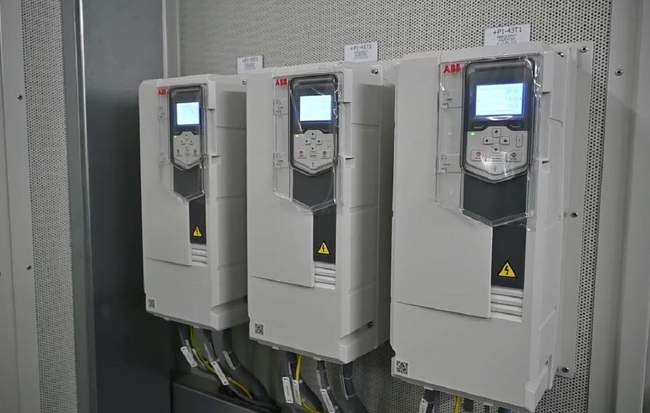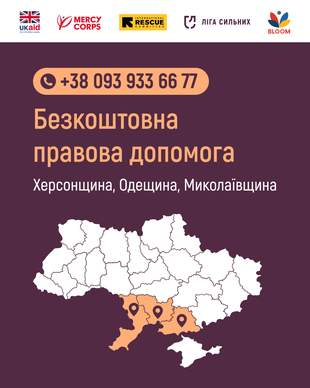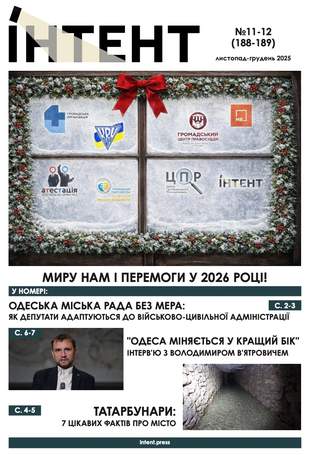Меню
Соціальні мережі
Розділи
March 13, 2025, 5:26 p.m.
Odesa Launches First Cogeneration Unit, Boosting Energy Security with 3.3 MW Capacity
This article also available in English216

Photo: Screenshot from the City Hall video
The first cogeneration unit was connected in Odesa and is already operating one of the city's boiler houses. This is a special equipment that generates heat and electricity at the same time. In case of blackouts, the city residents will be provided with heat.
This was reported by the Odesa City Council.
As Odesa Mayor Gennadiy Trukhanov explained, the plant is capable of generating 3.3 MW of electricity per hour, while the boiler house needs only half of this capacity. The rest of the energy is planned to be used to supply other critical infrastructure facilities.
The plant was launched as part of the decentralized generation project, which is being implemented with the support of international partners from Japan, Norway, Sweden and UNDP. The goal is to increase energy security and resilience of the Odesa community.
Work is currently underway to connect three more cogeneration units that have already been delivered to the city. In total, 9 units with a total capacity of 30 MW will be manufactured for Odesa under the UNDP project.
In addition, Odesa received 7 cogeneration units from the German agency GIZ. All of them will be placed at neighborhood boiler houses. Two units are already undergoing the connection process, and components are expected for the remaining five. Intent wrote about this.
In November last year, the first cogeneration unitwas delivered to Odesa.
Earlier on Intent.Insight, Deputy Mayor of Odesa Hanna Pozdnyakova said that Odesa region expects to receive nine such machines under a UN project funded by the Japanese government. However, due to the lengthy procedure of approvals and tenders, which took place even at the level of the UN office in New York, the delivery of the equipment is delayed. The cogeneration machines are manufactured by the Austrian company Jenbacher, which won the tender. The production time for each machine is 8-10 months. The cost of the project, including all related equipment, exceeds several billion hryvnias and is fully funded by Western partners.









